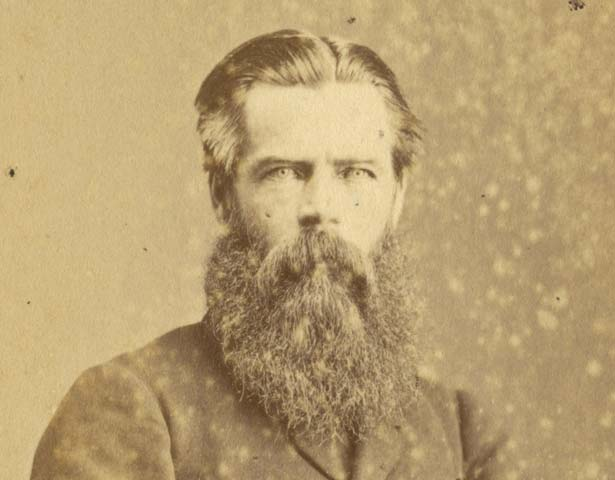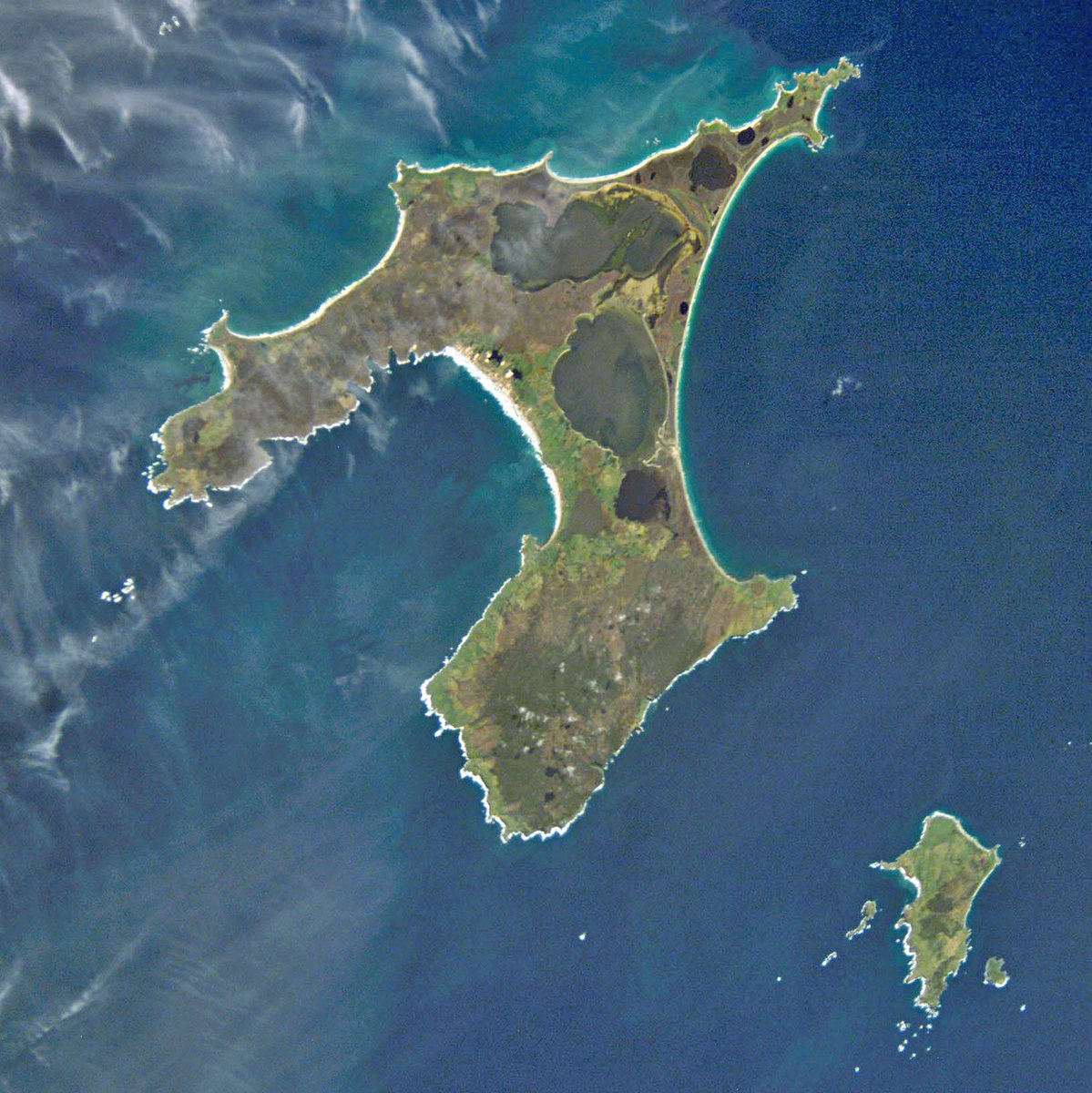1/7 Sam Linden has a letter in the Dominion Post condemning the Maori Party's co-leader for claiming that Maori suffered a Holocaust at the hands of colonising Pakeha in the 19th century. Linden thinks that such language is insulting to Jewish victims of Hitler. I disagree.
2/7 The term the Shoah refers specifically to the extermination of six million Jews in Europe between 1933 and '45. It should not be used in other contexts. But the term Holocaust has a longer & much more complex history. It has been used to describe many catastrophes.
3/7 The great English poet Geoffrey Hill, for example, called the devastation caused by the War of the Roses a 'Holocaust'. Holocaust seems a reasonable description for the devastation - invasion, land theft, steep demographic decline - Maori suffered in the 19th C.
4/7 But there's another question Sam Russell wants us to address. Did any Maori suffer from a campaign of genocide, like that the one Hitler visited on Jews, in the 19th C? Russell thinks the very idea that genocide was attempted here is absurd. It isn't.
5 In the first decades after the signing of the TOW the most influential Pakeha held 'amalgamationist' views towards Maori. The idea was that, over time, as they experienced the delights of civilisation, Maori would become brown-skinned Britons. But a harder ideology was growing
6 Even in the 1840s, some Pakeha, represented by the likes the 'Auckland Senate' that opposed Hobson & the anti-missionary, anti-Maori activist Robert Southwell, wanted to take a harder line with indigenous people.
7 Influenced by the rise of scientific racism in Europe & by the increasing reluctance of Maori to part with land, the hardliners decided that extinction, not assimilation, was the solution to the 'native question'.
8 Using the language of the newly famous Darwin, the hardliners saw Maori as a 'lesser race' whose extinction was inevitable. But extinction could be sped up. As tensions with the Kingitanga increased in the early 1860s Pakeha hardliners rose in influence.
9 Alfred Domett, who was Premier of NZ during the invasion of the Waikato Kingdom, exemplified the hardliners who looed forward to the extinction of Maori. Domett said Maori needed a 'rod of iron', & thought it 'unthinkable' they should be treated like Pakeha.
10 The Waikato War was not a war of extermination, despite the views Domett & other key Pakeha held. The influence of London, the lobbying of missionaries & other factors meant that, altho there were massacres, like the infamous one at Rangiaowhia, extermination was not a goal.
11 A huge British army helped win the Waikato War for Pakeha. But at the end of the 1860s the situation of Pakeha in NZ suddenly became precarious. Titokowaru & Te Kooti began new wars; a wearied Britain began to withdraw its troops from NZ. The whole colonial project teetered.
12 It was in 1869, as successes of Titokowaru & Te Kooti & the imminent end of British assistance threatened Pakeha control of NZ, that nakedly genocidal rhetoric appeared in newspapers & in the mouths of politicians. Worse, a desire for genocide began to guide military campaigns
13 As an example of this genocidal rhetoric, consider the way that the Wellington Independent newspaper called, in the aftermath of Titokowaru's victories in Taranaki, for the exterminating ' certain West Coast hapus'. These 'wild beasts' needed to be 'hunted down'.
14 It seems to me that, when Colonel George Whitmore led 1,300 volunteers across the Ureweras in 1869, he had been ordered to commit genocide against that region's Tuhoe people. Whitmore's actions were certainly genocidal.
15 Whitmore had been sent to the Ureweras because Te Kooti was hiding their with a small guerrilla army. But Whitmore & his men didn't just search for Te Kooti in the mountains. They systematically destroyed the food supplies of one Tuhoe settlement after another.
16 The Crown was angry at Tuhoe for giving Te Kooti shelter in their mountains. When Whitmore approached a Tuhoe settlement, the inhabitants fled into the bush. Whitmore's men then burnt the village &, crucially, pulled up its kumara gardens.
17 In her biography of Te Kooti, Judith Binney says that, as they travelled through the Ureweras, Whitmore's men heard weeping coming from the bush. Tuhoe were lamenting the destruction of their crops. Whitmore was deliberately condemning many members of the iwi to starvation
18 It may not have involved railcars & gas chambers, but I think Whitmore's expedition to the Ureweras was an attempt at extermination. For me, the 1869 invasion sits alongside the 1835 invasion of Rekohu/Chatham Island by Ngati Tama & Ngati Mutunga as a 19th C NZ genocide.
19 The great Swedish writer Sven Lindqvist has argued that we can only understand the Shoah if we realise that it was rehearsed many times by European empires in the colonised world. Jews experienced the same tragedy as peoples like the Herero & the Bandanese.
20 Mark Mazower's book Hitler's Empire substantiates Lindqvist's case, by showing how the Nazis in occupied Eastern Europe modelled themselves on the European conquerors of Africa & Asia & the Americas.
21 It seems to me, then, that Sam Russell is wrong, when he says that 19th C NZ history has nothing to do with the Jewish Holocaust. To study colonial history, in NZ & elsewhere, is to find a context for the horrors of the 20th century, & also to find premonitions of that horror
22 I think what historians of colonialism have to do is find language to describe the many different ways colonisation could be practiced, without forgetting the fact that colonisation always had a bad effect on colonised peoples. George Steinmetz's book seems to me to do this.
23 Steinmetz's The Devil's Handwriting looks at Germany's far-flung colonial empire at the beginning of the 20thC, & examines the very different policies pursued in different colonies. In Samoa, German administrators took an isolationist approach; in Namibia, they made a genocide
24 Partly because of the influence of the amateur anthropologists who had senior places in the colonial administration in Apia, Germany treated Samoans like creatures in a zoo, & blocked Samoan attempts to enter the worlds of commerce & politics.

 Read on Twitter
Read on Twitter













